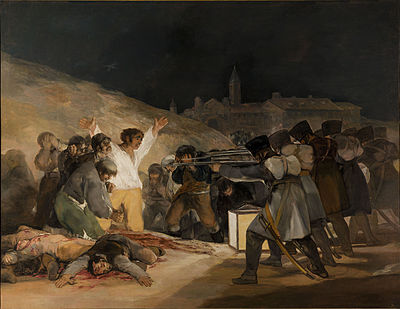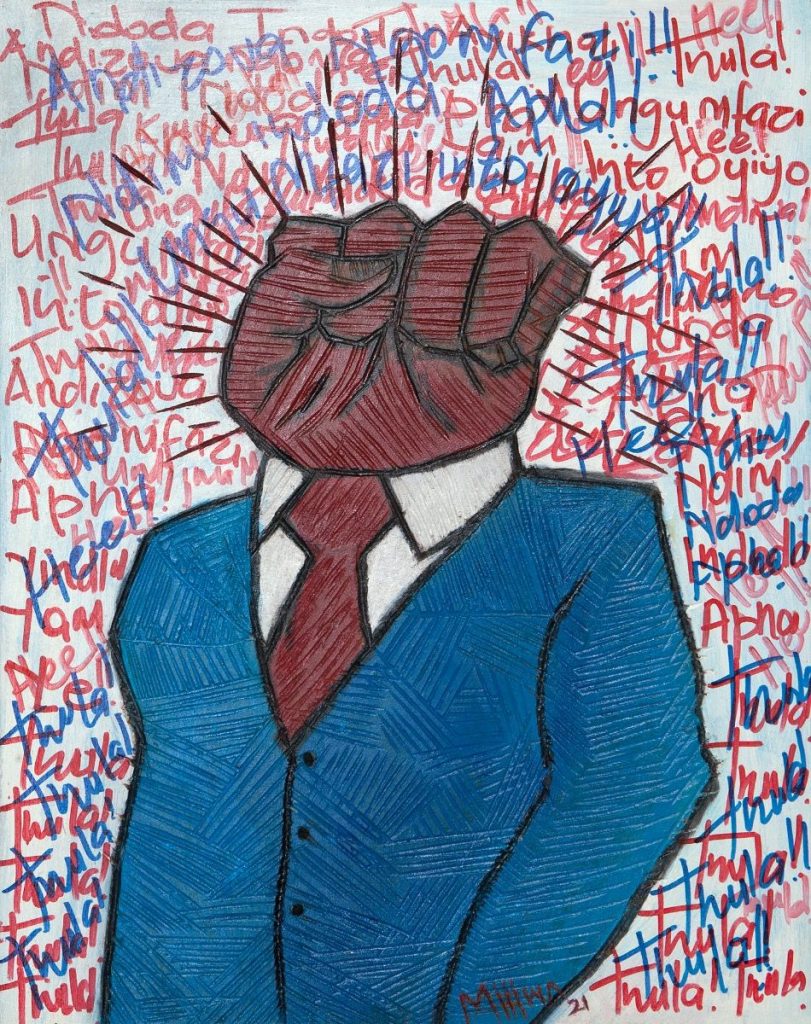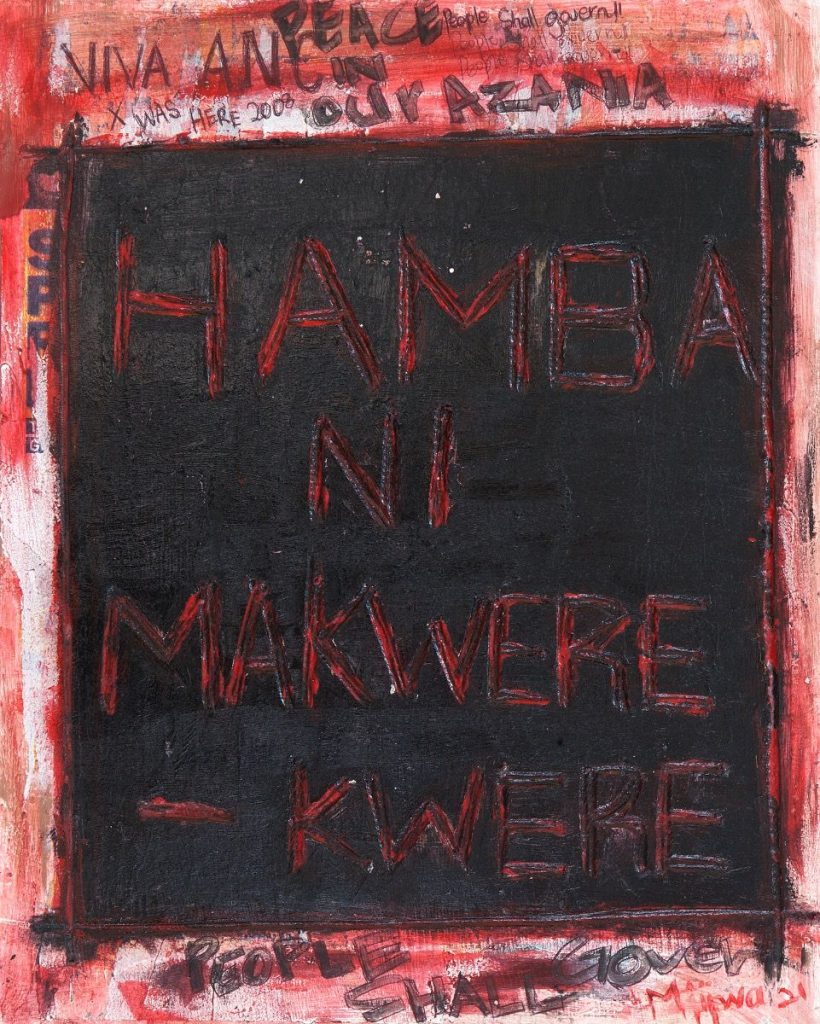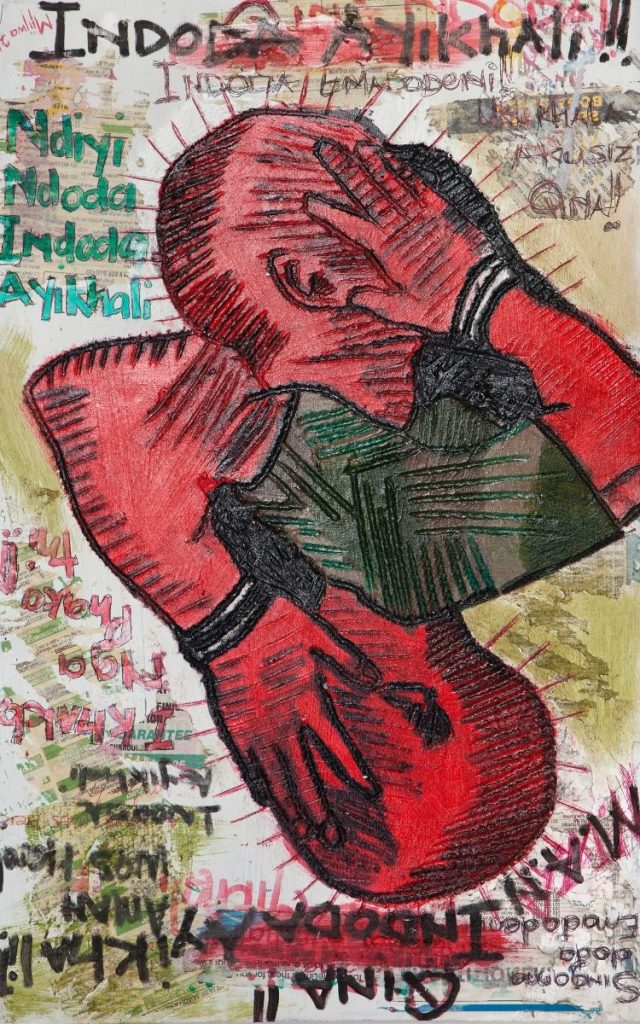I was privileged this past week to meet with a man of many talents. He is a rapper, poet, artist and teacher to mention a few of his titles modestly. His name is Ntobeko Mjijwa. Ntobeko was born and grew up in the Eastern Cape province of South Africa. He graduated with an honours degree in Fine Arts at Nelson Mandela University. He has lectured at the Africa Christian University and currently teaches art history at the Battswoood Art Resource Centre in Grassy Park, Cape Town. He serves as an active student mentor at UCT’s Student Y society.
Since grade 5, art has held a very special place in Ntobeko’s life. He was introduced to drawing by his late father, whom he talks very fondly of. When he recognised how talented Ntobeko was, he encouraged him to pursue it at university, even submitting his application form for him. Ntobeko believes that art is not just another subject, it holds a crucial place in our lives and society. It opens up the imagination and creates space for self-expression.

If you were to think about it; where would be without the movies we watch again and again? Who would we be without the music we grew up with? How does one remember lyrics to songs but can barely remember the contents of books read minutes ago? Art holds an unmovable station in our lives, it sustains and outlives generations, ever-increasing in value as time goes by. But art is not only there for the glory. Art folds up its sleeves and gets dirty. Art speaks of and to the wrongs and rights of our society. Art often says more than words ever will. Only look to Goya’s Third of May 1808 and his depiction of the Spanish resistance to Napoleon’s forces and the point will be more clearer.
Ntobeko has a series of three pieces which he calls ‘ his thinking process ‘ en route to bigger artwork on the same theme. He is exploring the violence of language and how it contributes to the scrouge of troubles that people face in their interactions and relationships: Namely gender-based violence and xenophobia.
Ntobeko provides commentary on these pieces himself. Here they are:
Ndim Indoda Apha – I am the man here

‘ The figure with the fist instead of the face. So the whole concept is I’m looking at the violence of language. Violence of shows itself in different ways and in different manners within society. The reason I chose to use a fist instead of the head of a person is because I’m looking at the violence of language when it comes to relationships. I mean I grew up hearing my father say to my mom ” Shut up, I’m the man in this house.” Or my uncles will say similar things like ” You are a woman, that’s all you are.” And that cuts the conversation or dialogue within the relationship.
You can even see how women react to that. They keep quiet. Sort of like their voice is not being respected or heard. That’s very violent, that’s a form of violence even before any physical violence takes place. ‘
‘ Hence the character or the painting is a fist instead of a head because gender-based violence stems out from verbal abuse to actual abuse. Being dismissive or being sarcastic are verbal as well…’
‘Hamba Makwerekwere’ – The foreginer must go

‘In the middle one, I’m looking at the first xenophobic attacks that happened in South Africa in 2008. And for me I think I was in high school when I became aware that there are foreign nationals living in South Africa. This was between 2005 to 2007 thereabout. But I could hear how people would speak, ‘ Makwerekwere’, ‘You people from Africa.’ But I did not understand it, because we’re all from Africa, we all live in Africa… what do you mean ?
They’ll be like ‘Bam’nyama, they are too dark some of them.’… So it was a build-up from there to 2008 when things started happening. And when the violence started happening, you would hear people saying, ‘ They are taking our jobs, taking our women, taking our shops!’ There was all this ‘taking taking taking’. So the language of violence started even before the actual violence.
The word ‘kwerekwere’ is not even a word. It comes from hearing foreign nationals speaking their own language. And now you are naming people based on a sound that the language makes. You’re choosing to name people based on a sound that they make when they speak. You are choosing to take an insignificant thing and label them as that thing. When you name someone like that you’re taking away their culture, you dismiss their worth and value as being made in the image of God.
’ You dismiss their language which is a cultural thing and a treasure that they have and that makes them who they are. It’s easy to attack someone and beat someone when you reduce them into an insignificant thing. There is violence in how people use language and communicate.’
Indoda Ayikhali – A man does not cry

‘ The third one is from a cultural perspective. Being Xhosa, you’ll hear a lot of men saying Indoda ayikhali, meaning a man doesn’t cry. And I’ve seen that this develops this kind of man who never shows their emotions or feelings… So “indoda ayikhali ” or “qina as indoda” are part of that… So you choose to harden yourself and the danger is that it creates a person who ends up not knowing how to feel. Because they’ve learned how to harden themselves into small things, to a certain degree. Whereby now, it’s hard for them to show how they feel. They can feel but now their feeling is now safeguarded. ” I mustn’t appear as weak, ” or “I mustn’t appear as soft.” But now when it is required of you to feel, you don’t.
‘ To be a man…look at how Christ was. Christ was fully man. And a man who showed sympathy. Who cried when his friends were crying. When he lost his best friend Lazarus he cried. He felt for the people when he saw them wandering without a shepherd. He fed them, he healed the sick the Bible says that when Christ saw them, He loved them or he was cut to compassion. He wasn’t a wuss, he wasn’t a sissy…I believe that the is the model for human beings, especially for men. We should cry when we have to. We should have compassion. We should be loving. We should care. We should be protectors. ‘
‘‘Earth without art is just E – H” –
Demetri Martin
If you wish to buy any these pieces they can be found on the platform Latitudes Online: https://latitudes.online/artists/ntobeko_mjijwa


